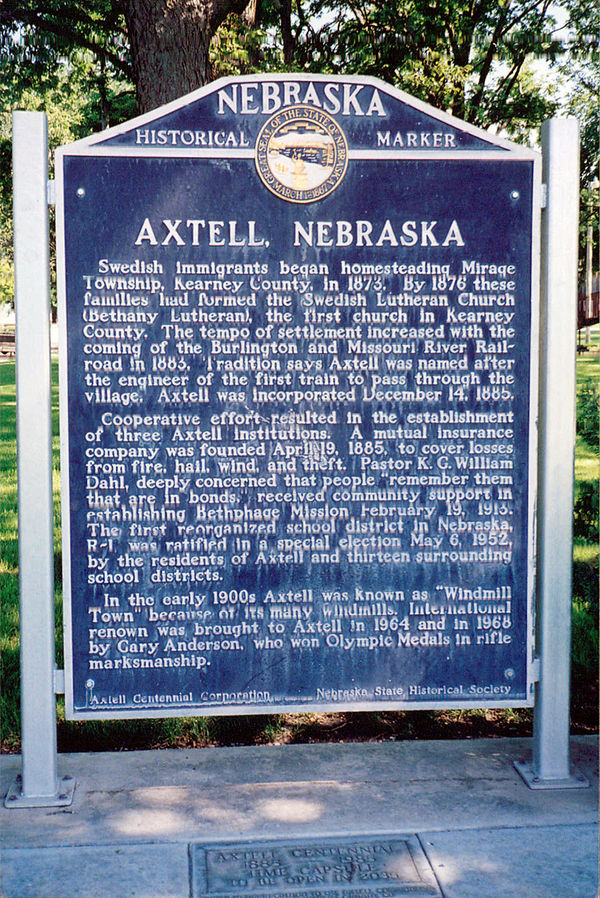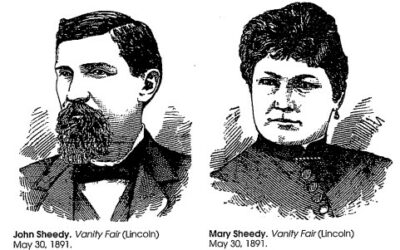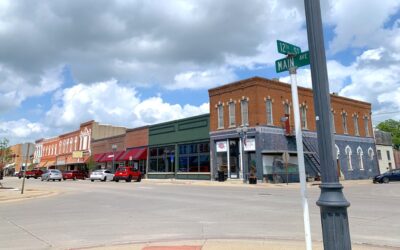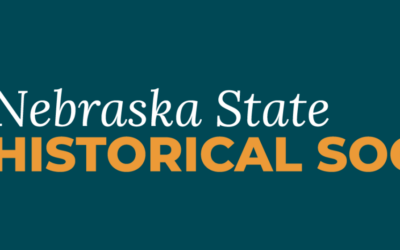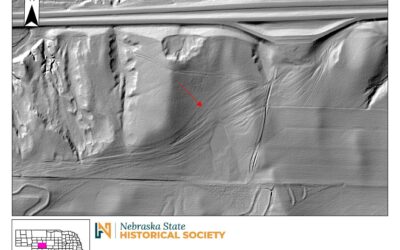Our Historical Markers across Nebraska highlight fascinating moments and places in our state’s past.
Today we’re focusing on the village of Axtell, best known as the childhood home of two-time Olympic gold medalist Gary Anderson.
Marker Text
Swedish immigrants began homesteading Mirage Township, Kearney County, in 1873. By 1876 these families had formed the Swedish Lutheran Church (Bethany Lutheran), the first church in Kearney County. The tempo of settlement increased with the coming of the Burlington and Missouri River Railroad in 1883. Tradition says Axtell was named after the engineer of the first train to pass though the village. Axtell was incorporated December 14, 1885.
Cooperative effort resulted in the establishment of three Axtell institutions. A mutual insurance company was founded April 19, 1885, to cover losses from fire, hail, wind, and theft. Pastor K. G. William Dahl, deeply concerned that people “remember them that are in bonds,” received community support in establishing Bethphage Mission February 19, 1913. The first reorganized school district in Nebraska, R-1, was ratified in a special election May 6, 1952, by the residents of Axtell and thirteen surrounding school districts.
In the early 1900s Axtell was known as “Windmill Town” because of its many windmills. International renown was brought to Axtell in 1964 and in 1968 by Gary Anderson, who won Olympic Medals in rifle marksmanship.
Marker Location
301-399 Main St, Axtell, Kearney County, Nebraska View this marker’s location.

